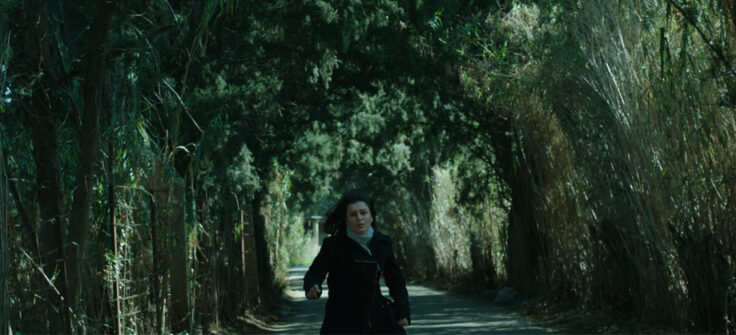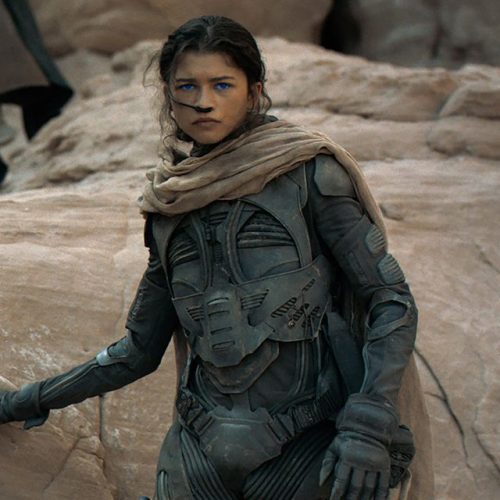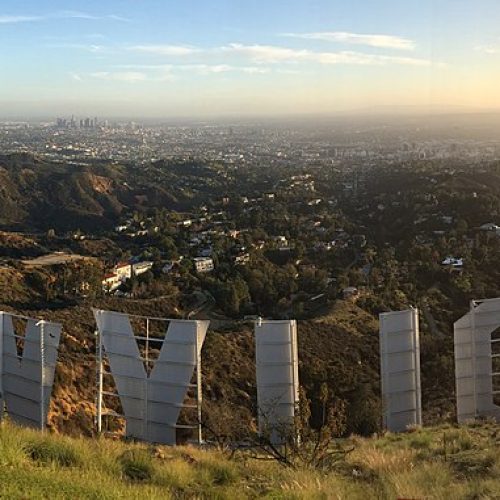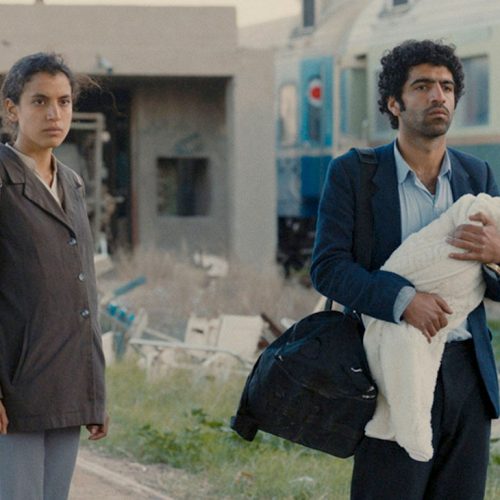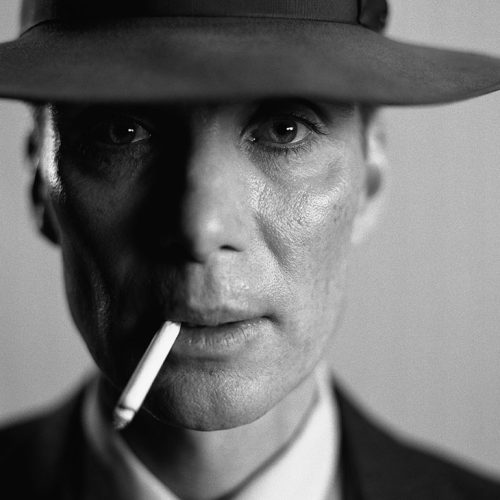Despite still being in the midst of war, Syrians are offering their nation a glimpse of hope with not one, but two films from the war-torn nation announced as winners at Italy’s oldest and most acclaimed film festival.
Among them was Soudade Kaadan’s The Day I Lost My Shadow—which also made history as the first Syrian film to ever be screened at the festival. The film, which won the Lion of the Future Luigi De Laurentiis Award for a Debut Film award, was directed, written, produced, and cast entirely by Syrians who predominantly hold refugee status.
“I insisted on including my community in the film. There is nothing like the real face of somebody who has endured war” she told Reuters.
The prize-winning film is inspired by Kaadan’s own experience. Set in 2012 in Syria, the film focuses on the war’s beginnings, which the French-born director experienced first-hand. The story goes on to follow a woman in search of a bottle of gas to heat her home and cook for her children. She eventually finds herself stuck in Syria’s capital city, and learns that people ‘lose their shadow’ during war.
“The shadow is an emotional experience during the war and I think all who witness war… will find it echoes,” she added.
Keeping the same theme, the second Syrian prize-winning film also centered around war. Directed by Ghiath Ayoub and Saeed Al Batal, Still Recording won the festival’s Critics’ Week prize for technical contribution.
The civil war documentary is the directors’ first feature-length. Shot in Douma, Eastern Ghouta and Damascus from 2011 to 2015, the film showcases a raw, and rare portrayal of the Syrian war. The film follows two art students Saeed and Milad, who decided to take part in the revolution in 2011.
The documentary trails the following four years—and the brutality and destruction that came with them. But while at first glance the film might seem like a story of despair, the directors insist it’s the opposite. To them, it’s a story of hope, and one of truth.
“If we don’t face the truth, even if the truth is painful, I don’t see any way out: See the truth. Seek the truth. And the truth will set you free,” Al Batal told the National.





